eu-citizen.science blog
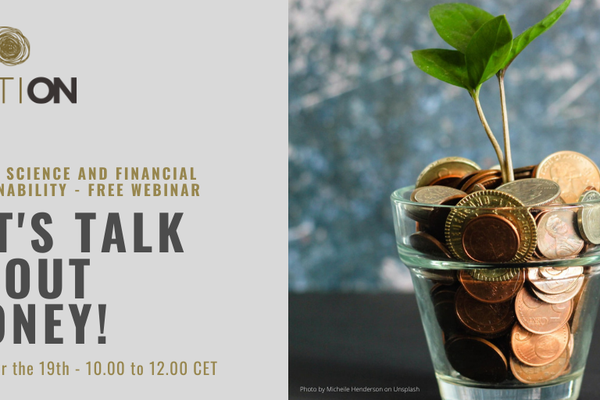
Antonella Passani Nov. 13, 2020, 3:32 p.m.
Let’s talk about money. Citizen science and financial sustainability. A free webinar on 19 November
On 19 November, from 10 to 12 CET, the ACTION project will host an online event dedicated to CS financial sustainability.
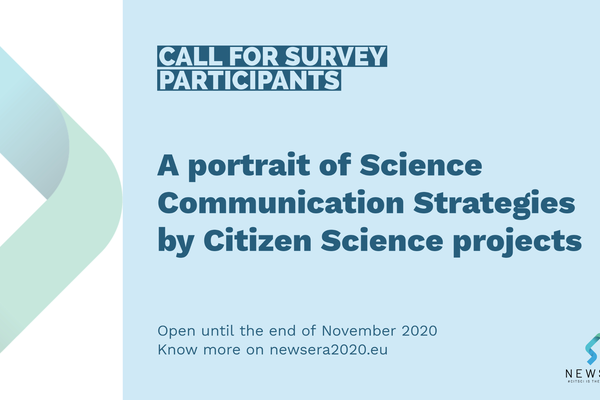
Maite Pelacho (Ibercivis Foundation) Pelacho, Nov. 11, 2020, 10:49 a.m.
Can citizen science be the new frontier of science communication?
To map the current state of science communication in citizen science projects, and to imagine its development in the future, the NEWSERA Team is spreading a survey addressed to all citizen science practitioners across the European Union and United Kingdom.
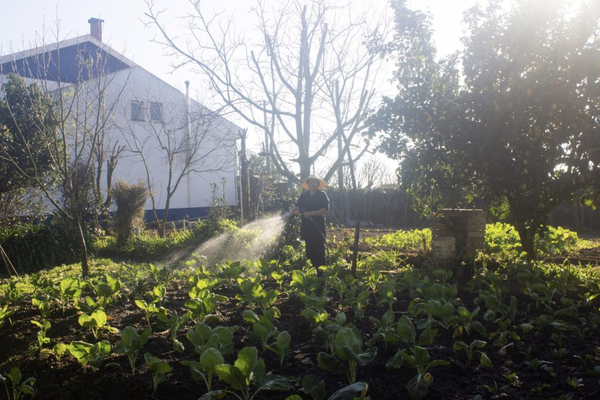
Antonella Passani Nov. 2, 2020, 12:33 p.m.
Four ACTION pilots successfully graduated: congratulations!
Some days ago, four ACTION pilots funded by the 1st open call successfully passed the internal final review and graduated. In the last six months the ACTION team accompanied them in an accelerator programme providing access to regular exchanges, training and mentoring activities.
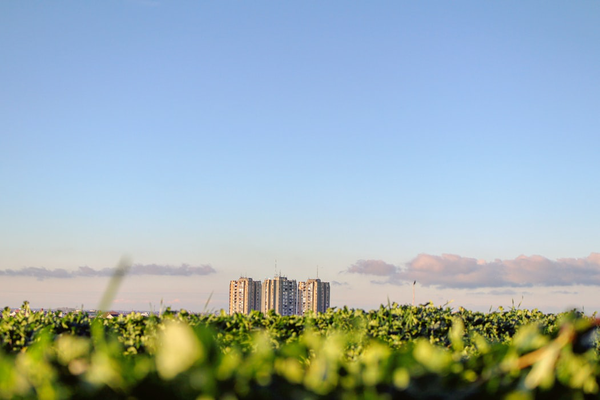
EU-Citizen.Science Nov. 1, 2020, 1:29 p.m.
Is citizen science ready for the SDGs challenge?
Rosy Mondardini, managing director of the ETH/UZH Citizen Science Center, explains the connections that can be done between SDGs and Citizen science.
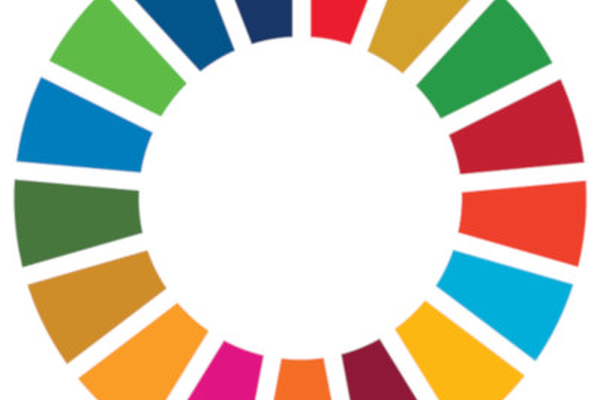
EU-Citizen.Science Nov. 1, 2020, 12:21 p.m.
SDGs in a nutshell
SDGs have been a key topic in the citizen science field in the past few weeks. We had a conversation with April Tash, from UNESCO, to be sure to understand what we were talking about.
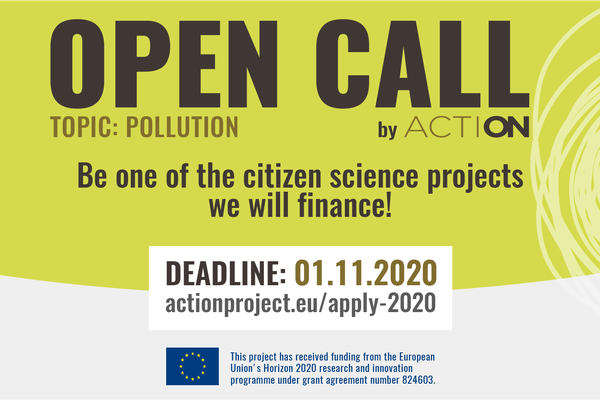
Antonella Passani Oct. 23, 2020, 10:15 a.m.
ACTION open call for CS project: Last days for submitting your proposal!
ACTION is looking for ongoing citizen science projects related to any form of pollution in Europe and worldwide. The call focuses on projects that are primarily carried out online. The deadline for applications is the 1st of November.
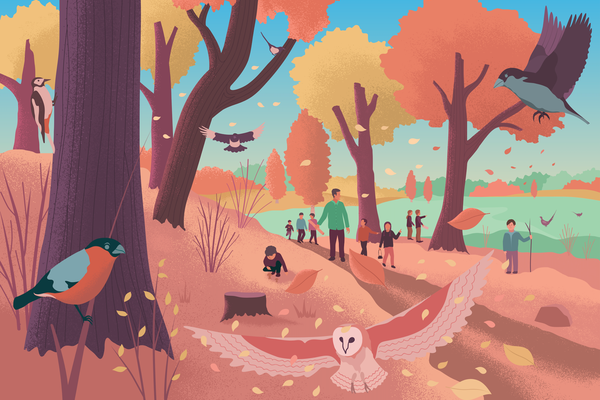
EU-Citizen.Science Oct. 22, 2020, 11:09 a.m.
EnviroCitizen: Article on citizen science and environmental citizenship published in Conservation Biology
Two of the ENVIROCITIZEN teams recently published an article in Conservation Biology outlining the main proposition behind the project: the social capacity potential of citizen science extends far beyond collecting data.
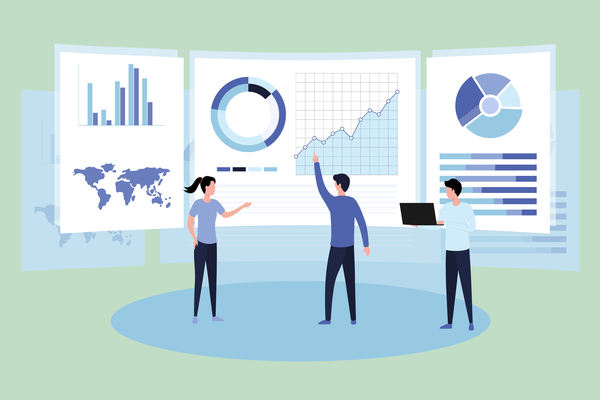
EU-Citizen.Science Oct. 22, 2020, 10:53 a.m.
D-NOSES: Big Data, Big Citizens
International organisations and governments are developing data portals to track SDG indicators. There is a significant rise in the city data portals, that receive and display data in dashboards, covering all aspects of city life - health, economics, etc. Citizen science is often mentioned as a way to bridge regulatory gaps. So what role does/can/will citizen science play in this proliferation of data?
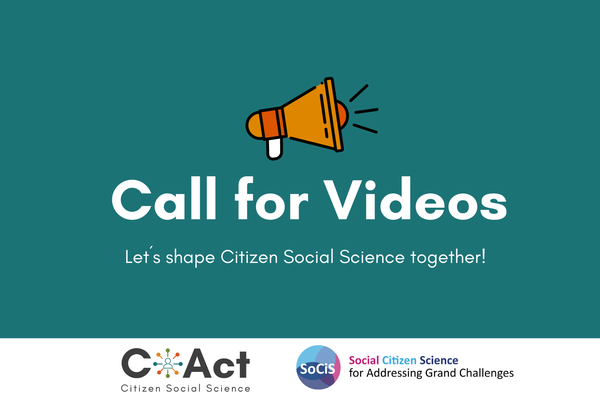
EU-Citizen.Science Oct. 21, 2020, 3:40 p.m.
CoAct: Citizen Science is Social!
For the “Knowledge for Change: A decade of Citizen Science (2020-2030) in support of the SDGs” conference, CoAct and SoCis co-organised the Citizen Science is Social! evening event on the 14th.
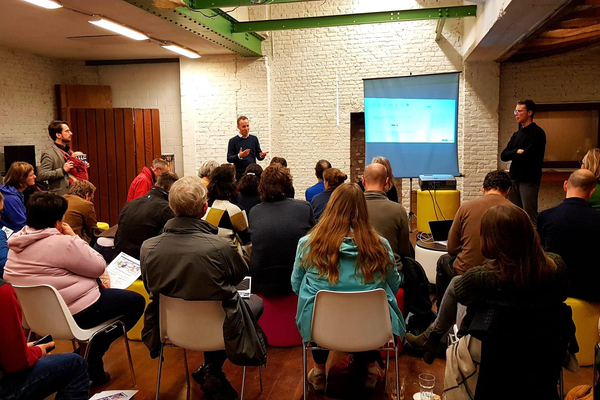
EU-Citizen.Science Oct. 21, 2020, 3:02 p.m.
Wecount: Policy Brief on the Covid impact on citizen science activities
WeCount is a two-year project that wants to work with local citizens and community groups to explore urban mobility challenges. In WeCount, citizen will collect traffic data using an autonomous sensor: Telraam. WeCount as a project has been affected by the Covid crisis, impacting the citizen engagement strategy but also clearly revealing the value of citizen science in a Covid-crisis situation.
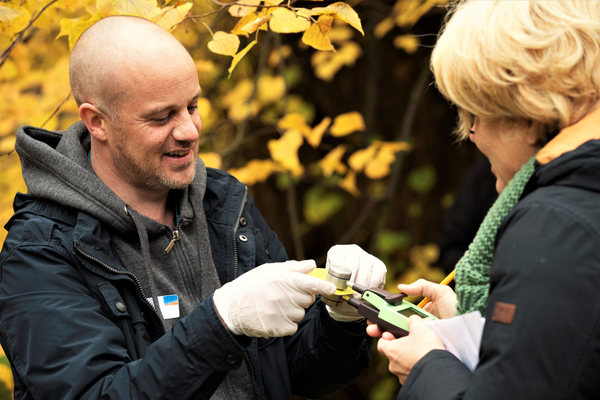
EU-Citizen.Science Oct. 21, 2020, 2:11 p.m.
MICS: Special issue of Sustainability “Citizen Science for Sustainable Cities: Investigating Nature-Based Solutions”
A special issue of Sustainability, entitled “Citizen Science for Sustainable Cities: Investigating Nature-Based Solutions” is open for submissions, and will close in June 2021. Submissions are encouraged that explore a range of nature-based solutions (NBS) on urban and peri-urban environments, with the participation of citizen science.
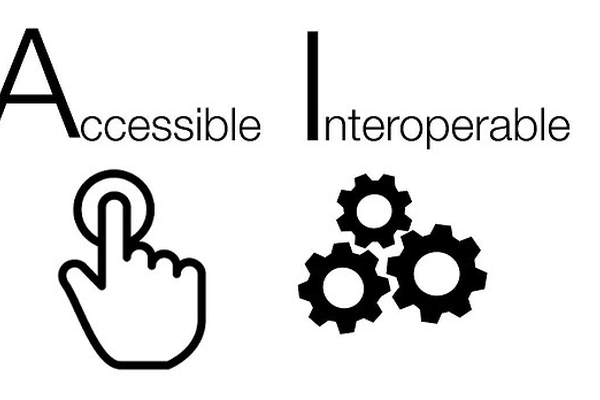
EU-Citizen.Science Oct. 19, 2020, 10:25 a.m.
Join us now: Best Practices for citizen science data
Working Group 3 (Data Management and Standards) of the COST Action 17122 “Increasing understanding of alien species through citizen science” calls for contributions to develop metadata guidelines for publishing citizen scientist datasets